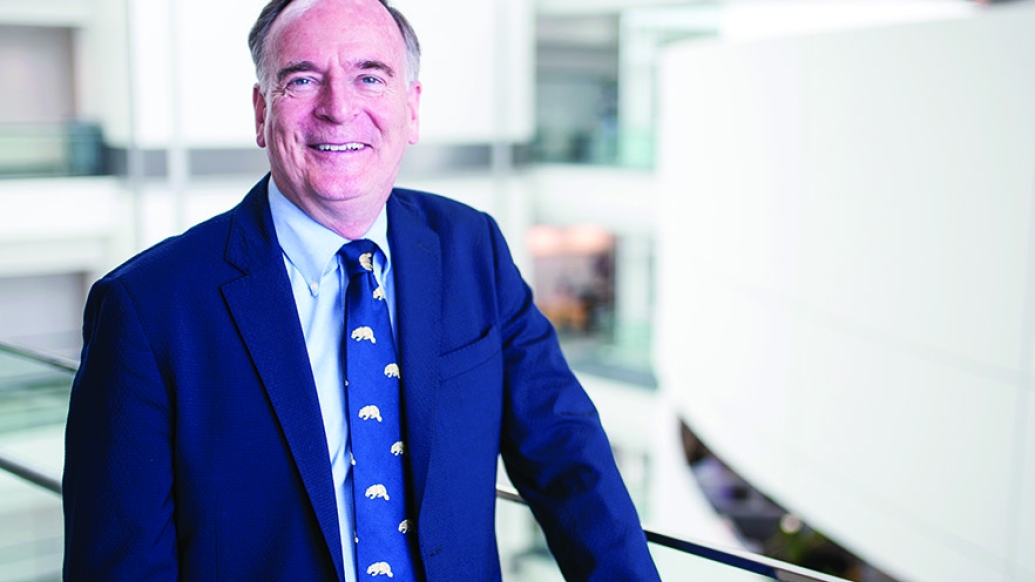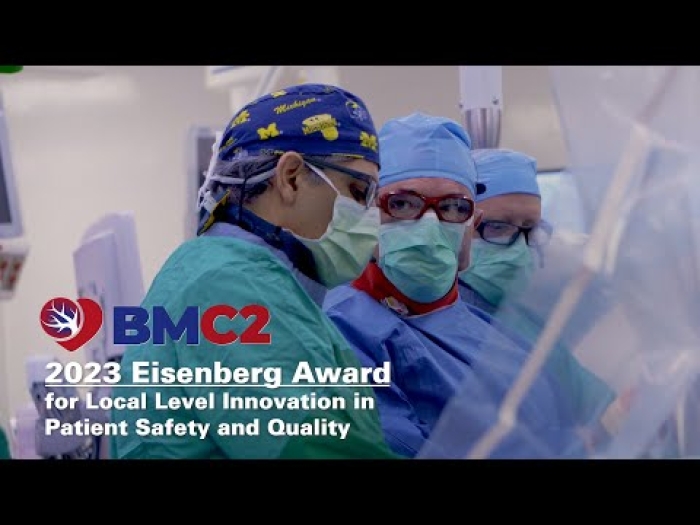An update on basic and translational research at Michigan Medicine

As the winter season settles in, research at Michigan Medicine continues to impress. Over the summer, the university closed its fiscal year, and the numbers point to strong, continuing growth. We had $720 million in award dollars for FY2021, compared to $662 million last year. Of those 2021 dollars, $138 million came from our collaborations with industry. Additionally, in the fall, students came back for in-person classes, including the many graduate students who play such a key role in our labs. The return of students always brings new energy and optimism to the entire campus.
Not surprisingly, COVID continues to be a research priority at Michigan Medicine. However, as we all strive to find a "new normal," I would be remiss if I didn't call attention to examples of the exciting Michigan Medicine basic and translational research occurring that isn't related to COVID. CRISPR continues to enable myriad new discoveries, including a screening method being developed by Jacob Kitzman, Ph.D., assistant professor of human genetics, that tests thousands of genetic mutations in a single assessment, looking for those that can cause cancer.
In molecular and integrative physiology, Myungjin Kim, Ph.D., assistant professor, and Jun Hee Lee, Ph.D., associate professor, are studying a class of naturally occurring protein called sestrin, finding that it can mimic many of the beneficial effects of physical exercise in flies and mice. Their research could eventually help scientists combat muscle wasting due to aging and other causes.
Susan Shore, Ph.D., professor of otolaryngology-head and neck surgery, continues to garner international attention with her new technology that alleviates tinnitus, a disorder afflicting over 50 million people in the U.S., through a sequence of auditory and sensory stimuli to the face or neck.
The University of Michigan remains the top public university research institution in the United States, and our biomedical researchers continue to collaborate and earn renown on the global stage. At the heart of this recognition is our commitment to discoveries that ultimately lead to helping patients and their families. I hope this message finds you and your family well, and that you'll join me in taking immense pride in the breakthroughs produced by the research faculty, staff, and students of Michigan Medicine.
Steven L. Kunkel, Ph.D.
Executive Vice Dean for Research, Medical School
Chief Scientific Officer, Michigan Medicine
Peter A. Ward Distinguished University Professor
Endowed Professor of Pathology Research





